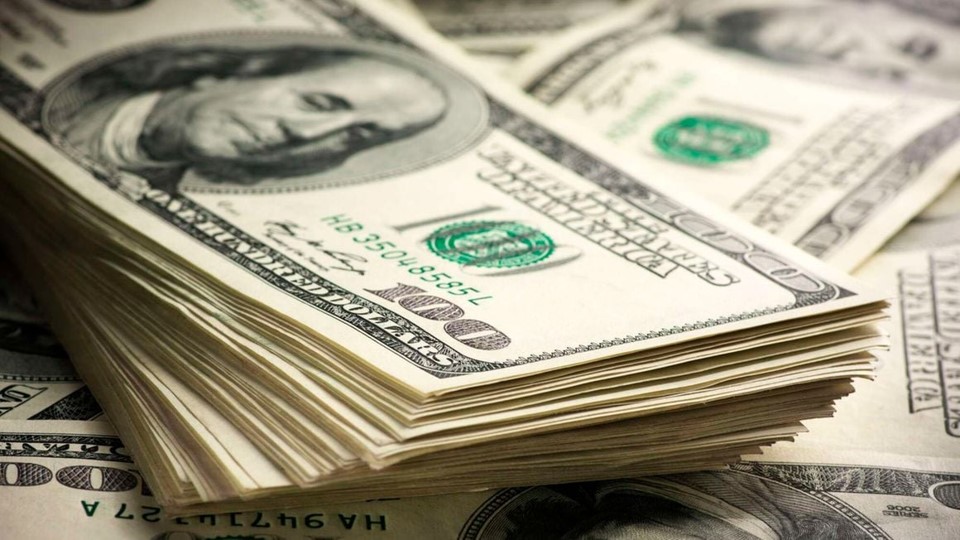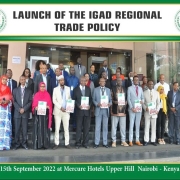Rich Kenyans sit on Sh922bn in dollars as shilling weakens

Wealthy Kenyans and firms had piled up a record Sh922 billion in dollars by last November as they sought to preserve the value of their bank deposits amid a depreciating shilling.
This is after they accumulated an extra Sh119.24 billion in the 11 months to November 2022, in a trend that continues to put pressure on the local currency.
The Central Bank of Kenya (CBK) data shows that the deposits in foreign currency increased from Sh803.66 billion at the start of the year, representing a 14.8 percent jump.
This was the largest increase compared to the Sh58.02 billion jump in a similar period in 2021.
The deposits surge parallel with a decline in hard currency deposits held by commercial banks and the country’s official reserves, at a time the market faced issues of dollar availability in the market.
Experts say the rise of foreign deposits is, majorly, tied to the depreciation of the shilling on the back of a softened accumulation of dollar holdings by locals and companies.
“The increase has been magnified by the falling of the shilling in the last one year other than the growth in deposits which was modest over the time,” said Churchill Ogutu, an economist at IC Asset Managers.
The foreign currency deposits held by residents increased by 6.8 percent to $7.63 billion in the quarter that ended September from $7.144 billion in a similar period in September 2021, representing a $486 million increase.
This was, however, a decline from a high of $7.924 billion in July 2022
The CBK data show shilling was exchanging at an average of 122.45 units to the dollar at the end of November, having depreciated by 8.2 percent from 113.14 at the start of the year, pushed by increased demand of forex by importers than the supply.
However, it appreciated against the sterling pound and the euro by 3.4 percent and 0.8 percent, respectively over the 11 months.
The weakening, which began during the pandemic has heightened Russia and Ukraine conflicts making investors and companies seek the dollar seen as a safer asset.
Businesses from diverse sectors last year also complained of difficulty in accessing the dollar in quantities they wanted, forcing them to wait for days to weeks to accumulate the funds they require to make payments to their overseas partners, hitting their business plans.
This means firms and individuals with dollar-based accounts were hedging against further weakening by stocking up dollars or holding on tightly to their greenback reserves under speculation of continued weakening, leading to fewer withdrawals from dollar-based accounts.
Over the same period, foreign exchange reserves held by commercial banks declined by 20.4 percent or $907 million to $3.55 billion in September from $4.457 billion.
Official reserves held by the CBK also decreased by 19.1 percent or $1.844 billion to $7.788 billion over the period.
Published on: Business Daily
Publication date: 17/01/23

 Africa News
Africa News CNBC Africa
CNBC Africa
 CNBC Africa
CNBC Africa
 African News
African News The East African
The East African